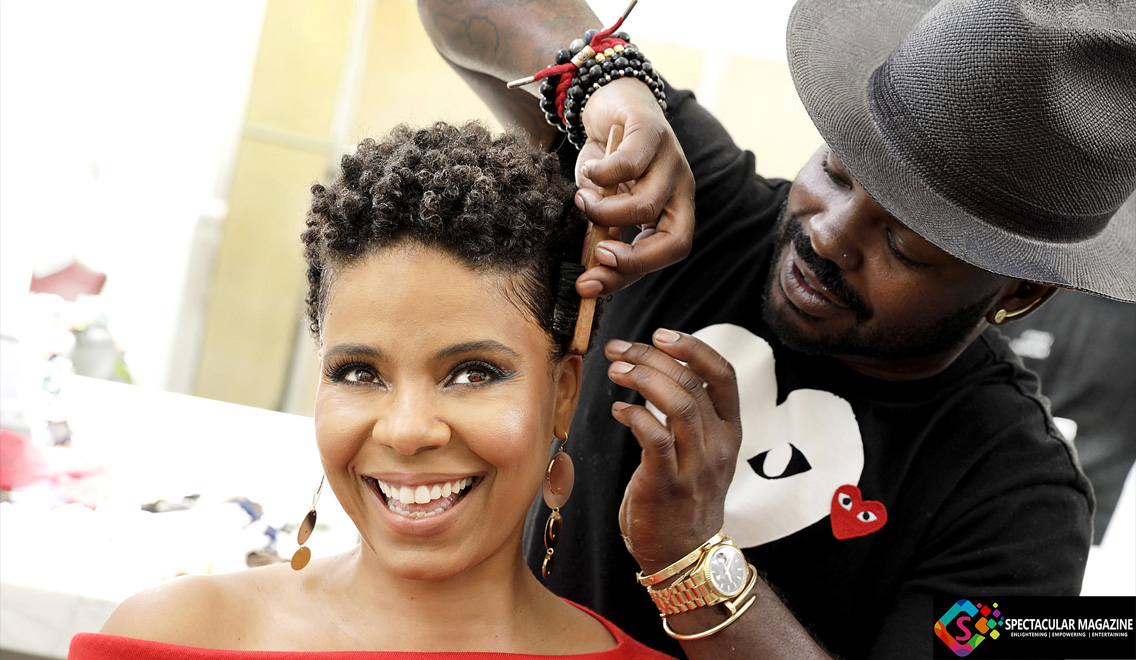Black Actors, Models Discuss Lack Of Stylists Who Can Do Black Hair
A number of black models, actors and actresses are having a continuing conversation on Twitter about black hair and the importance of working with hairstylists who know how to style and care for black hair textures.
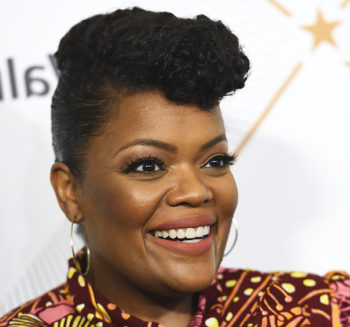
Actress Yvette Nicole Brown shared on Sunday (March 8) that, as a black woman in the industry, she has often had to bring her own hair and makeup items to the set as a response to stylists who don’t know how to work with black hair textures and darker skin tones.
“Most black actresses come to a new set w/ their hair done (me) or bring their wigs & clip-ins w/them,” Brown tweeted. “It’s either that or take a chance that you will look crazy on screen. Many of us also bring our own foundation. One too many times seeing no shade that matches you will learn ya!”
The “Community” actress’ tweet garnered nearly 20,000 likes and sparked conversations among black actresses and actors who have had similar experiences.
The Twitter thread followed an Instagram post last week by model Olivia Anakwe, who, as Teen Vogue reported, frequently encounters professional hairstylists in the beauty industry who don’t know how to style black hair textures.
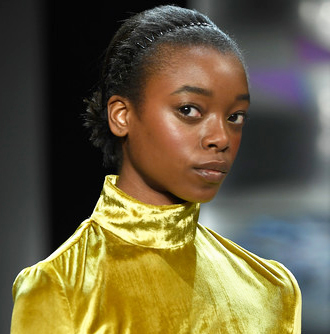
She said that none of the stylists on one job were able to braid her hair in cornrows, one of many popular hairstyles for black women that’s rooted in African culture.
“Black models are still asking for just one hairstylist on every team no matter where your team is from to care for afro hair,” Anakwe wrote in part. “I was asked to get out of an empty chair followed by having hairstylists blatantly turning their backs to me when I would walk up to them, to get my hair done.”
Anakwe continued, “If I am asked to wear my natural hair to a show, the team should prepare the style just as they practice the look and demo for non-afro hair. I arrived backstage where they planned to do cornrows, but not one person on the team knew how to do them without admitting so.”
Anakwe also pointed out that working with black hair textures shouldn’t be considered a specialty — hair professionals within the industry should know how to work with all hair types, she argued.
“Black hairstylists are required to know how to do everyone’s hair, why does the same not apply to others?” she wrote before adding, “I was ignored, I was forgotten, and I felt that.
Unfortunately I’m not alone, black models with afro texture hair continuously face these similar unfair and disheartening circumstances.”
The conversation about hair discrimination and black hair textures in the fashion industry and Hollywood continued throughout the week on Twitter, with many professionals in the field sharing their experiences:
Some people on social media also pointed out that a lack of education about how to properly care for various black hair textures could result in hair damage and hair loss.
In Anakwe’s post on Instagram, she said a stylist who apparently didn’t know how to properly care for black hair pulled her edges “relentlessly” while attempting to do cornrows.
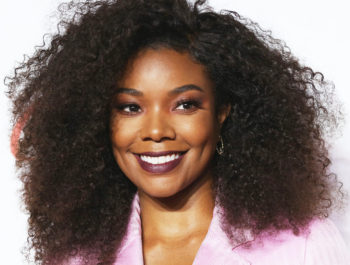
Actress Gabrielle Union warned on Monday (March 9) that not speaking up on the matter on set could result in hair damage.
“Listen, if u stay quiet, u WILL have bald spots, hair damage, look NUTS,” she wrote.
Conversations about black hair — discussing both the pride and the racist social and historical discrimination that surrounds it — continue to be significant.
In 2017, Academy Award-winning actress Lupita Nyong’o notably criticized British magazine Grazia for cropping out her naturally coily hair on the magazine’s cover.
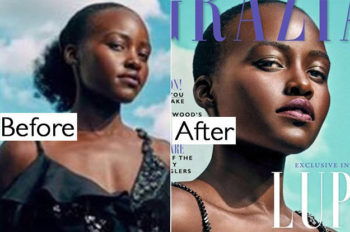
“I embrace my natural heritage and despite having grown up thinking light skin and straight, silky hair were the standards of beauty, I now know that my dark skin and kinky, coily hair are beautiful too,” she wrote on Instagram at the time.
Many on Twitter also called attention to the importance of hiring black hairstylists, while noting that many jobs in Hollywood require stylists to be part of a union:
“Those artists HAVE to be IN THE UNION & getting them in has NEVER been easy or smooth,” Union wrote. “Ever. Like never.”


